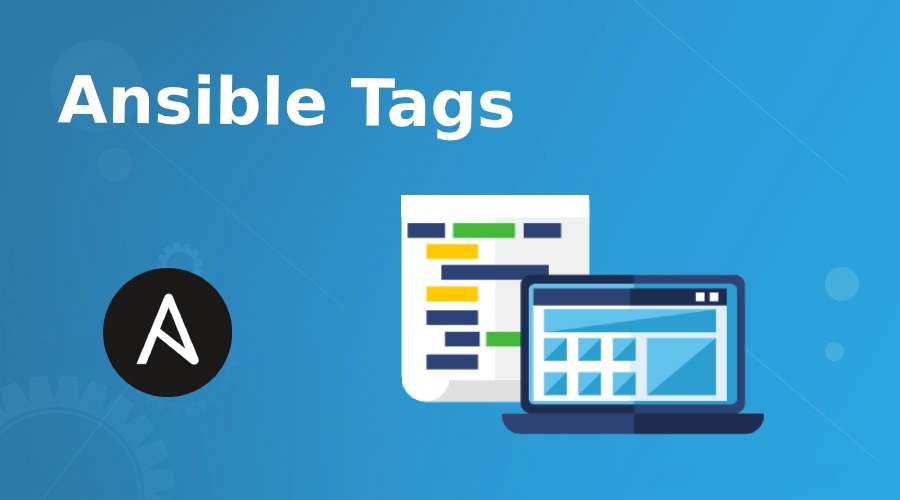For long playbooks, it is useful to be able to run subsets of the tasks in the playbook. To do this, tags can be set on specific resources as a text label. Tagging a resource only requires that the tags keyword be used, followed by a list of tags to apply. When plays are tagged, the –tags option can be used with ansible-playbook to filter the playbook to only execute specific tagged plays.
Ansible Handlers
Handlers are tasks that respond to a notification triggered by other tasks. Each handler has a globally-unique name, and is triggered at the end of a block of tasks in a playbook. If no task notifies the handler by name, it will not run. If one or more tasks notify the handler, it will run exactly once after all other tasks in the play have completed. Because handlers are tasks, administrators can use the same modules in handlers that they would for any other task.
Normally, handlers are used to reboot hosts and restart services.
Continue reading “Ansible Handlers”
Ansible Task Control
Ansible managing inclusions
When working with complex or long playbooks, administrators can use separate files to divide tasks and lists of variables into smaller pieces for easier management. There are multiple ways to include task files and variables in a playbook.
Ansible Facts
Ansible facts are variables that are automatically discovered by Ansible from a managed host. Facts are pulled by the setup module and contain useful information stored into variables that administrators can reuse. Ansible facts can be part of playbooks, in conditionals, loops, or any other dynamic statement that depends on a value for a managed host
Continue reading “Ansible Facts”






